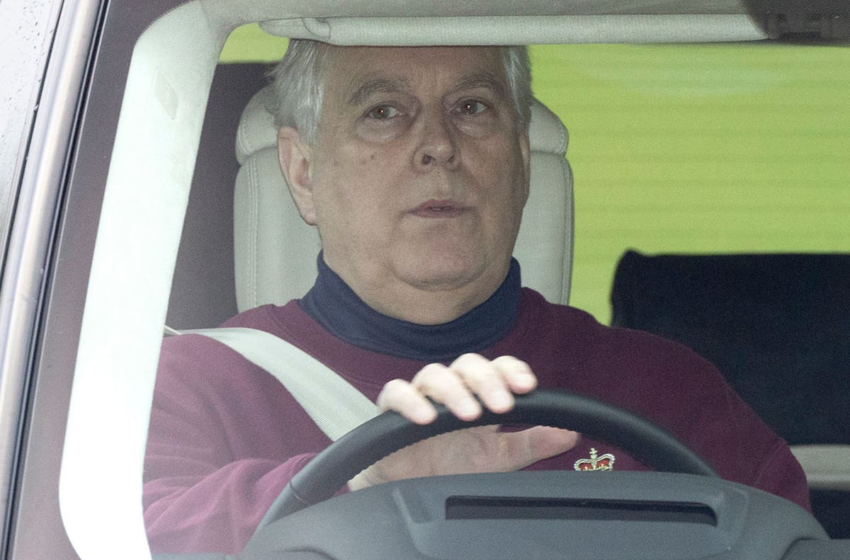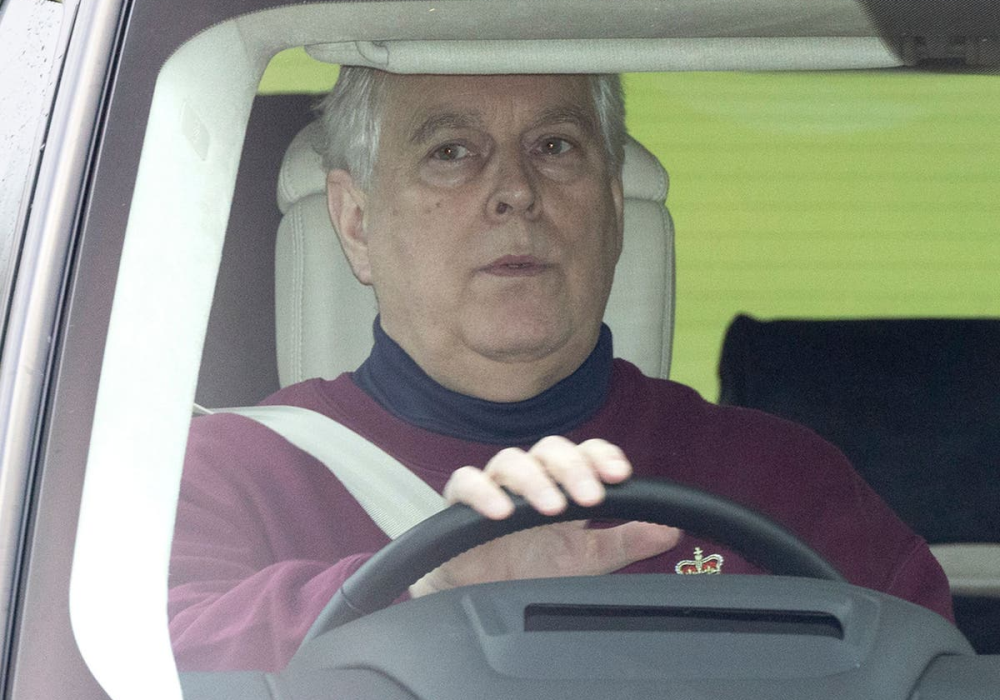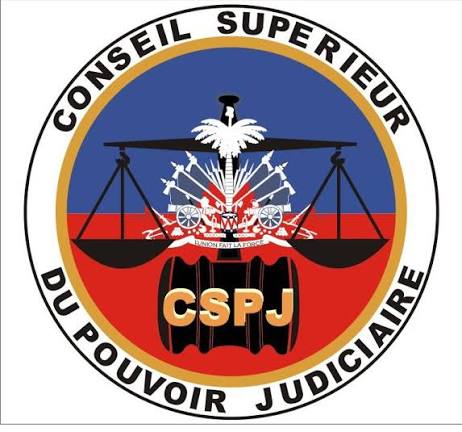Prince Andrew faces the prospect of a civil trial over accusations that he sexually abused Virginia Roberts Giuffre when she was underage after a judge denied his attempt to have her lawsuit dismissed.
The decision is a huge blow for the Duke of York, whose lawyer had claimed a confidential settlement with disgraced financier Jeffrey Epstein should absolve him of liability.
It paves the way for Ms Giuffre’s lawyers to enter into a protracted discovery and deposition phase that could draw in other members of the royal family.
A trial could begin between September and December, although it is not yet clear if the royal will have to travel to the United States or be required to give evidence another way.
Ms Giuffre, now 38, alleges that Epstein forced her to have sex with his friends, including the prince, and that Prince Andrew was aware she was only 17 at the time. She is suing the prince for battery and emotional distress.
Prince Andrew, 61, strongly denies the allegations and has said Ms Giuffre is seeking a “payday at his expense”.
Her lawyer said she was “pleased” by the decision “and that evidence will now be taken concerning her claims.”
Buckingham Palace declined to comment “on what is an ongoing legal matter”.
Prince Andrew’s relationship with Epstein, who authorities ruled died by suicide in prison in 2019, and convicted child sex-trafficker Ghislaine Maxwell will also come under renewed scrutiny after the ruling.
For live updates, follow our blog
In his ruling on Wednesday, US District Judge Lewis Kaplan said the 2009 settlement could not shield Andrew from the civil lawsuit.
He said the key phrase Andrew’s lawyers relied upon – that “other potential defendants” were covered by the settlement deal – was “far from self evident for a number of reasons”.
“[Andrew] argues that he ‘could have been included’ as a ‘potential defendant’ in the Florida case because Ms Giuffre made a general reference to ‘royalty’ in her Florida complaint, even though it did not name Prince Andrew as a defendant nor even mention his name,” Judge Kaplan says in the decision.
The judge added that “there is no basis” that Andrew could have been included as a defendant in the 2009 case.
“The crux of the Florida case was that Epstein harmed Ms Giuffre by trafficking her for sex with himself and others,” Judge Kaplan said. “Yet there is no suggestion … that [Andrew] was himself engaged in sex trafficking.”
The Duke of York with his accuser, Virginia Roberts Giuffre, when she was around 17 years old
(Virginia Roberts Giuffre)
The judge also was dismissive of arguments by Prince Andrew’s lawyer Andrew Brettler that Ms Giuffre’s complaint was too vague.
Ms Giuffre alleged in her lawsuit that she was trafficked to have sex with Prince Andrew on three occasions: in London, at Epstein’s Manhattan townhouse, and on his private island Little St James in the US Virgin Islands.
“Ms Giuffre’s complaint is neither ‘unintelligible’ nor ‘vague’ nor ‘ambiguous’. It alleges discrete incidents of sexual abuse in particular circumstances in three identifiable locations. It identifies to whom it attributes that sexual abuse,” Judge Kaplan said.
During oral arguments last week, lawyers for both parties argued over whether a newly unsealed $500,000 settlement deal reached between Epstein and Ms Giuffre in 2009 should allow the case to be dismissed.
The settlement provided a release for “any other person or entity who could have been included as a potential defendant” against Ms Giuffre’s claims.
Virginia Giuffre’s lawyers argued her 2009 settlement deal with Epstein did not absolve Prince Andrew from liability
(PA Media)
Judge Lewis Kaplan interrogated the prince’s lawyer Mr Brettler about whether the prince could be shielded from prosecution.
Mr Brettler responded: “Prince Andrew could have been sued but was not. Ms Giuffre intended to release royalty.”
The judge quipped: “Including the Sultan of Brunei?”
“If there are allegations against him,” Mr Brettler said.
Mr Brettler claimed the allegations in the suit were vague, and failed to specify when and where the alleged abuse took place.
“Ms Giuffre needs to lock herself into a story today. What date did this place on? And a place – all we have is an apartment. She doesn’t explain what the abuse was.,” the attorney said.
“Before Prince Andrew must answer, he should be told specifically what all the allegations are.”
Judge Kaplan disagreed, saying: “That dog is not going to hunt. She has no obligation to do that in the complaint, only in discovery.”
Mr Brettler went on to say the prince’s alleged misconduct had not been laid out in the complaint.
Judge Kaplan responded emphatically with a reference to an unnamed former US president: “Involuntary sexual intercourse. There’s no doubt what that means, at least since someone else was in the White House.”
For Ms Giuffre, attorney David Boise said the 2009 agreement should not apply to Prince Andrew as it covered separate allegations.
The prince’s ties to Ghislaine Maxwell and Jeffrey Epstein will come under renewed scrutiny
(US District Attorney’s Office)
“There’s no allegation that Prince Andrew was the trafficker. He was a person to whom the girls were trafficked,” Mr Boise said.
Last Monday, a secret settlement deal between Epstein and Ms Giuffre was unsealed by Judge Kaplan which had formed a key part of the royal’s legal arguments to throw out the lawsuit.
The 2009 deal between the dead paedophile and Ms Giuffre revealed she was paid $500,000 (£370,000) to settle all claims against Epstein and his associates.
Prince Andrew could be stripped of his title as Duke of York and face an “internal exile” from the royal family should he lose the civil case.











